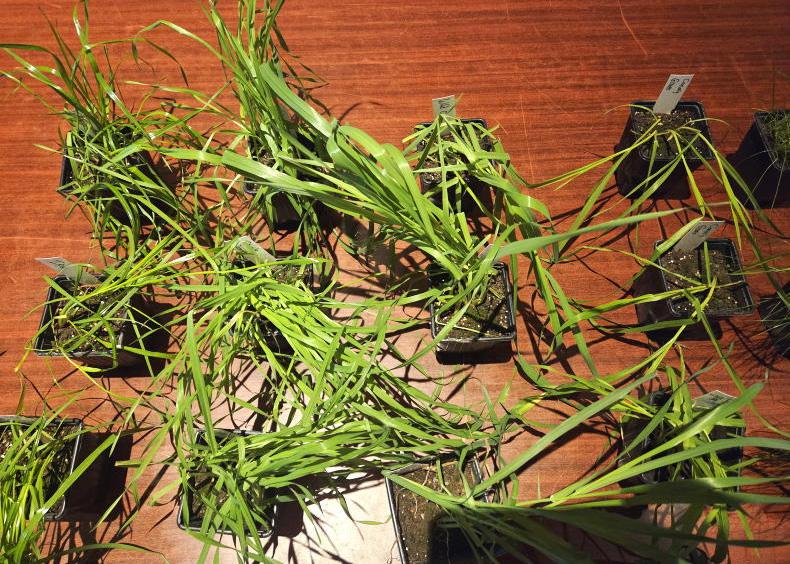Traces of glyphosate have been found in Irish people, but at levels that are a fraction of tolerances recognised by the EU.
Urine samples from 68 families, a total of 226 people, were tested for the presence of glyphosate.
Fourteen of the families were from farms, with one family member in this subset having sprayed glyphosate.
In total, glyphosate was detected in one-quarter (26%) of those tested.
Levels were at just 3% of the acceptable limit set by the EU’s competent body, the European Food Safety Authority (EFSA).
The number of positive samples from farm families was no higher than the overall group, although higher levels were found in users of the pesticide.
In addition, the testing, carried out as part of a wider project on human biomonitoring, showed the presence of AMPA, which is a metabolite in humans that indicates exposure to glyphosate, in 59% of samples.
The research was carried out in 2019-20 by the University of Galway. Dr Marie Coggins, senior lecturer in exposure science at University of Galway, said that “the exposure data reported is low compared to the current acceptable daily intake value set by EFSA” but added that risk assessment “could change following the publication of EFSA’s renewal assessment in early 2023”.
She also said that “occupational users may have a slightly higher exposure than background levels, which could and should be reduced further by substitution with less harmful methods, careful chemical handling practices and the use of exposure controls such as personal protective equipment”.
On-farm users of pesticides are required to have certified training as “professional users”. This training instructs in the use of PPE and safe handling of chemicals during the preparation, usage and disposal of containers.
Speaking to the Irish Farmers Journal, Dr Coggins also said that it may be appropriate to review the wide availability of glyphosate for amenity usage in the light of the discovery of its presence in such a significant proportion of the population, including small children.
Glyphosate is a universal herbicide, which means it kills all plants it is applied to.
Originally developed by Monsanto in the 1970s and marketed as Roundup, glyphosate has been off-patent and widely available in a range of formulations since 2000.
There is currently no other available universal herbicide available to farmers.
Glyphosate is regarded as vital to non-inversion tillage systems for weed control. Glyphosate is also used in the control of Japanese Knotweed.
It is estimated that about half of all glyphosate usage in Ireland is for non-agricultural (amenity) use.
Political battle
A political battle is currently being waged over the renewal of glyphosate’s licence for the EU. The previous licence expired last December, and a one-year extension is in force.
In 2015, the International Agency for Research on Cancer (IARC) classified glyphosate as “probably carcinogenic”.
For context, other products with this classification include frying emissions, petrol, red meat and barber/hairdresser products. The European Food Safety Authority (EFSA) currently states that glyphosate is unlikely to pose a carcinogenic hazard to humans.








SHARING OPTIONS